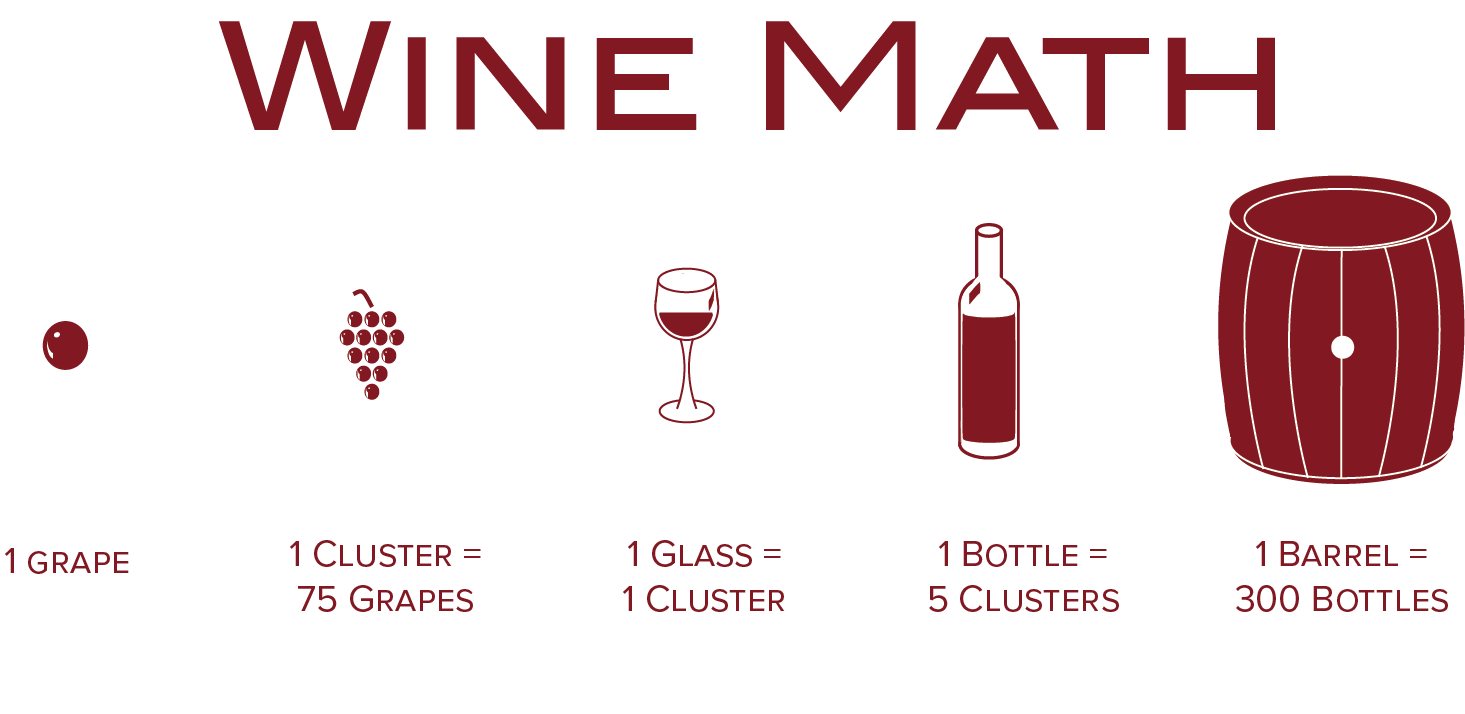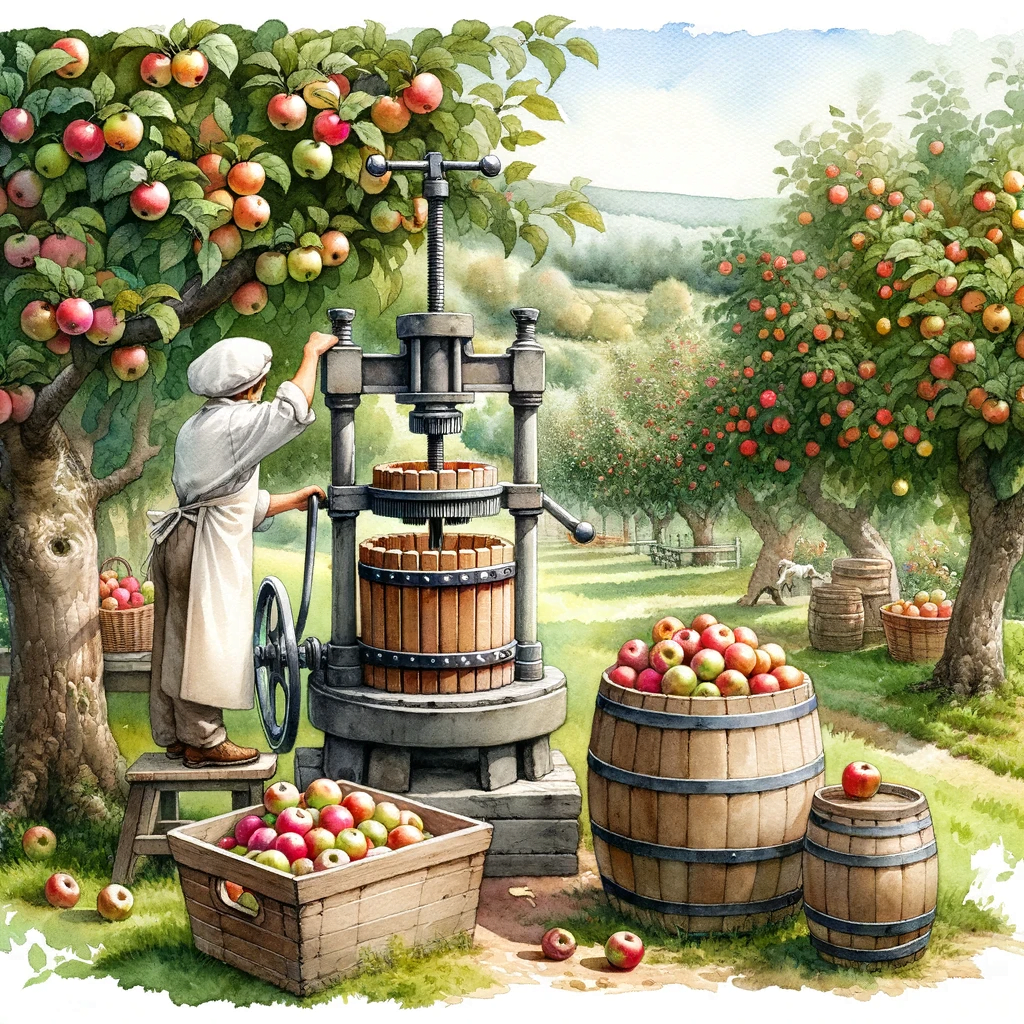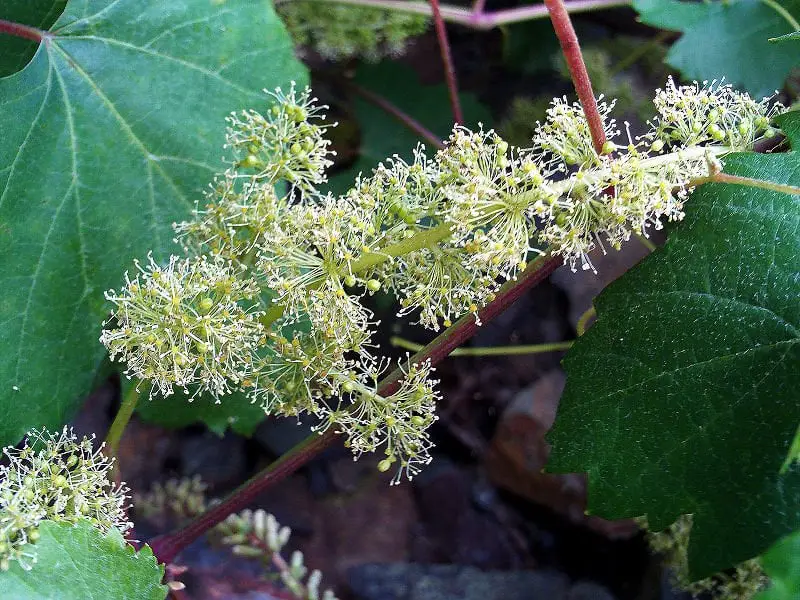You might be familiar with cucumbers as a popular vegetable in human diets, but did you know that animals also enjoy munching on these refreshing greens? It may seem surprising, but cucumbers are actually a tasty option for many animals. From elephants to rabbits, and even some species of birds, these crisp and hydrating vegetables are a delightful addition to their diets. Let’s explore the fascinating world of animal diets and discover why cucumbers have become an unexpected favorite among our furry and feathered friends.
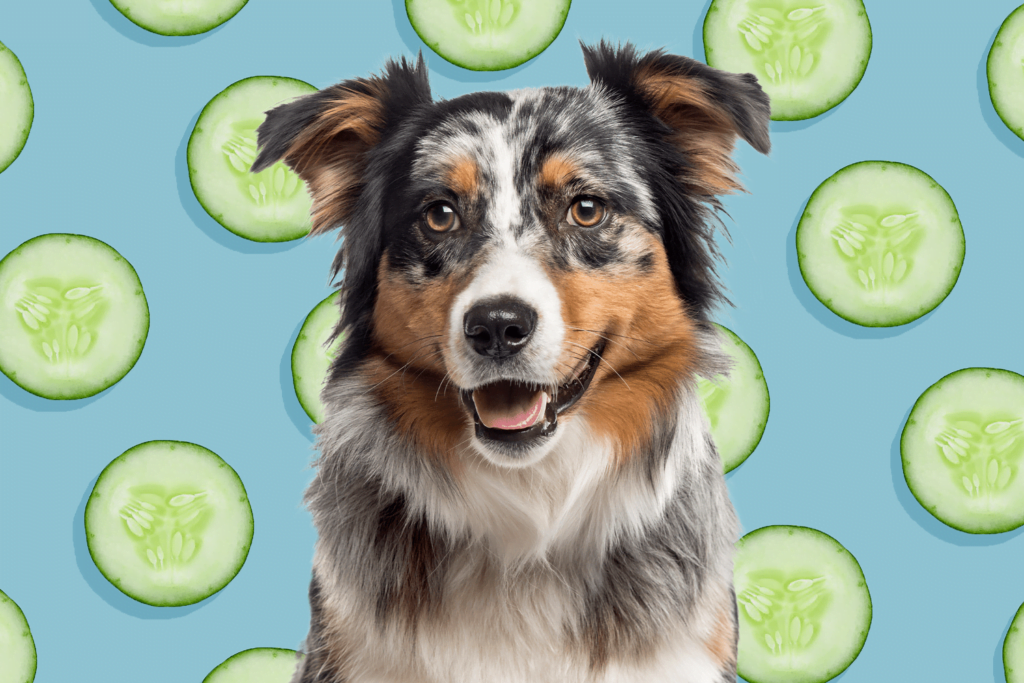
The Nutritional Value of Cucumbers
Cucumbers are not only a refreshing and versatile vegetable for humans but can also provide a host of nutritional benefits to animals. From vitamins and minerals to hydration and weight management, cucumbers offer a significant value to various species across the animal kingdom.
Vitamins and Minerals in Cucumbers
One of the key benefits of cucumbers is their abundance in vitamins and minerals. They are rich in vitamin K, which is essential for blood clotting and bone health. Cucumbers also contain vitamin C, an antioxidant that helps boost the immune system. Additionally, they provide minerals such as potassium and magnesium that are vital for proper nerve and muscle function. These nutrient-dense properties make cucumbers a valuable addition to the diets of many animals.
High Water Content
Cucumbers are composed of approximately 95% water, making them an excellent choice for animals who require hydration or live in hot climates. The high water content not only helps in quenching thirst but also aids in regulating body temperature. Animals such as rabbits, guinea pigs, and tortoises can benefit greatly from the hydrating properties of cucumbers, especially in situations where reliable access to water may be limited.
Low Calorie and Fat Content
For animals that require a low-calorie or low-fat diet, cucumbers serve as a healthy snack option. With only a few calories per serving, cucumbers offer a satisfying crunch without adding excessive weight. This characteristic makes them ideal for animals like parrots and finches that have specific dietary requirements to maintain their optimal health.
Herbivorous Animals That Love Cucumbers
Cucumbers are highly popular among a variety of herbivorous animals. From small rodents to tortoises and reptiles, these creatures often find cucumbers to be a delightful and nutritious addition to their diets.
Rabbits
Rabbits, known for their love of fresh greens, thoroughly enjoy cucumbers. The crispy texture and mild flavor make cucumbers an enticing treat for these furry friends. Offering cucumbers to rabbits can provide both a tasty snack and a source of essential nutrients.
Guinea Pigs
Similar to rabbits, guinea pigs relish the taste of cucumbers. These small, sociable rodents benefit from the hydrating properties of cucumbers as they have a higher water requirement compared to other animals. Including cucumbers in a guinea pig’s diet helps ensure they receive enough hydration and essential vitamins.
Tortoises
Tortoises, being primarily herbivorous reptiles, require a diet rich in fibrous plants. Cucumbers, with their high water content and nutrient profile, are a favorite among many tortoise species. Not only do they offer hydration, but they also provide key vitamins and minerals that aid in optimal growth and development.
Bearded Dragons
Bearded dragons, which thrive on a combination of plants and insects, can also enjoy cucumbers as part of their diet. These omnivorous reptiles benefit from the hydration and mild taste that cucumbers offer. Including cucumbers in their meal rotation provides them with a refreshing and healthy treat.
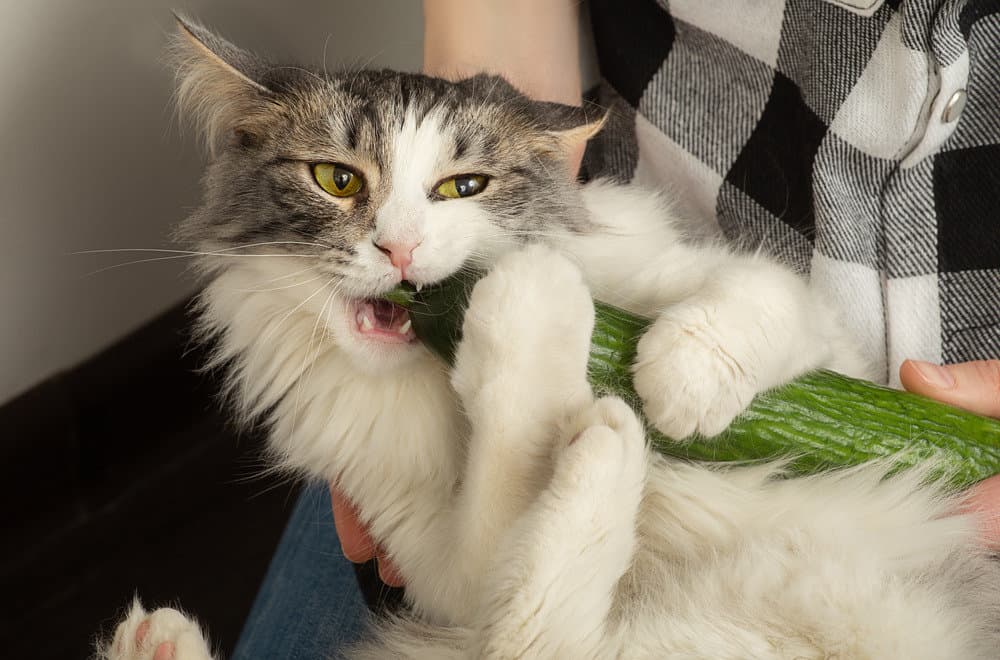
Cucumbers as a Snack for Omnivores
While cucumbers are commonly associated with herbivorous animals, some omnivorous creatures also appreciate them as a snack. Pigs, raccoons, and even bears can find cucumbers to be a delightful addition to their varied diets.
Pigs
Pigs, known for their diverse appetite, are generally fond of cucumbers. Whether domesticated pigs or wild boars, these animals can happily munch on cucumbers as part of their foraged or provided food. The low-calorie content of cucumbers makes them an excellent choice for pigs aiming to maintain a healthy weight.
Raccoons
Raccoons, infamous for their scavenging behavior, have been known to feast on cucumbers when available. These resourceful creatures appreciate the hydrating properties and crunchy texture of cucumbers. While it is essential to prevent raccoons from accessing human environments, offering cucumbers in wildlife-friendly settings can provide them with a nutritious and enjoyable treat.
Bears
Bears, although predominantly carnivorous, have the ability to switch to a herbivorous diet when needed. During the summer months, some bear species consume large amounts of vegetation, including cucumbers. These versatile animals can benefit from the hydration and nutrient content of cucumbers, especially when their primary food sources may be scarce.
Cucumbers in the Diet of Carnivorous Animals
While cucumbers may not be a staple in the diet of carnivorous animals, they can still have their place as a supplemental treat. Certain carnivorous pets, such as cats and dogs, can enjoy the occasional cucumber as a healthy and refreshing snack. It is important to note that cucumbers should not replace the primary diet of these animals.
Cats
Cats, obligate carnivores by nature, do not require a plant-based diet. However, some cats may develop a liking towards cucumbers and enjoy them as a treat. It is important to ensure that the cucumber is served in small, manageable pieces and that it does not make up a large portion of their diet.
Big Cats
In the wild, large carnivorous animals such as lions and tigers have minimal exposure to cucumbers. However, in captivity, where environmental enrichment is crucial, cucumbers can be offered as a stimulating snack. Big cats enjoy the sensory experience of investigating, pouncing on, and tearing apart cucumbers, providing them with mental and physical stimulation.
Dogs
Dogs, omnivores by nature, can safely consume cucumbers in moderation. Many dogs find cucumbers to be a refreshing treat, especially during hot summer days. Cucumbers can serve as a low-calorie snack option for dogs that need to manage their weight or as an alternative to high-fat treats.
Reptiles
Certain reptiles, such as some species of lizards and turtles, have a carnivorous diet but may still incorporate plant matter into their feeding routine. For these reptiles, cucumbers can be a valuable source of hydration and micronutrients. However, it is essential to consult with a reptile veterinarian to assess specific dietary requirements and determine suitable proportions.

Cucumbers as a Treat for Birds
Birds, with their unique dietary needs, can also enjoy the benefits of cucumbers. While cucumbers should not be the sole component of a bird’s diet, they can be an occasional treat that provides both mental and nutritional benefits.
Parrots
Parrots, with their playful and intelligent nature, can be introduced to cucumbers as a foraging challenge. By placing small pieces of cucumber inside puzzle toys or wrapping them in foraging paper, parrots can engage in natural feeding behaviors while also receiving the hydrating properties and vitamins present in cucumbers.
Budgies
Budgies, although smaller in size, can also enjoy cucumbers as a refreshing treat. Slicing cucumbers into manageable pieces allows these birds to grasp and nibble on them, promoting beak health and providing a mild flavor that is pleasing to budgies. However, it is important to ensure that cucumbers are offered as part of a balanced diet that includes other essential nutrients.
Finches
Finches, known for their seed-based diet, can benefit from the addition of cucumbers as a supplementary snack. Thinly slicing cucumbers into smaller pieces provides finches with a unique texture to explore while reaping the hydrating and nutrient-rich benefits. Introducing variety in a finch’s diet can contribute to their overall well-being.
The Importance of Cucumbers in Animal-Human Interactions
Cucumbers play a significant role in the interaction between animals and humans. From animal enrichment to everyday pet snacks, cucumbers foster a positive and engaging relationship between animals and their caregivers.
The Role of Cucumbers in Animal Enrichment
Environmental enrichment is crucial for keeping animals mentally stimulated and promoting natural behaviors. Cucumbers can be used as part of enrichment activities, such as hiding cucumber slices or placing them in puzzle feeders. These tasks challenge animals to use problem-solving skills, providing entertainment and preventing boredom.
Cucumbers as an Everyday Snack for Pets
For those who share their lives with companion animals, cucumbers can serve as a healthy alternative to processed treats. Many pets enjoy the crisp and refreshing taste of cucumbers, which can be offered as an everyday snack. It is important to remember that cucumbers should be introduced gradually as part of a balanced diet to prevent any digestive upset.
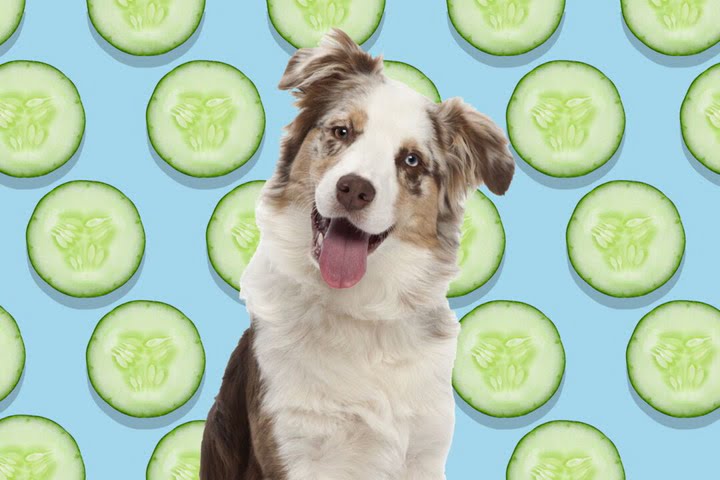
Cucumbers as a Health Supplement for Animals
Apart from being a tasty addition to animals’ diets, cucumbers offer several health benefits that can support overall well-being. From aiding in hydration to promoting digestive health and weight management, cucumbers act as a valuable health supplement.
Aid in Hydration
Proper hydration is essential for all animals to maintain optimal health and bodily functions. Cucumbers, with their high water content, provide an effective way to supplement hydration needs. Including cucumbers in an animal’s diet can contribute to their overall water intake, especially in situations where direct access to water may be limited, or during hot weather.
Promote Digestive Health
The fiber content in cucumbers, along with their refreshing properties, can support digestive health in animals. Whether it’s aiding in smooth bowel movements for rabbits or providing a hydrating source of fiber for reptiles, cucumbers can contribute to a healthy digestive system and prevent constipation.
Support Weight Management
Maintaining a healthy weight is crucial for animals to thrive. Cucumbers, being low in calories and fat, can serve as a guilt-free snack option for animals that need to manage their weight. Incorporating cucumbers into their diets can help them feel satisfied without adding excessive calories or compromising their nutritional needs.
Cautions and Considerations
While cucumbers offer numerous benefits, it is essential to consider certain precautions and potential sensitivities when introducing them into an animal’s diet.
Allergies and Sensitivities
As with any new food, animals may have allergies or sensitivities to cucumbers. It is important to observe an animal’s reaction when introducing cucumbers gradually into their diet. If any signs of an allergic reaction or digestive upset occur, it is best to discontinue feeding cucumbers and consult with a veterinarian.
Avoiding Pesticide Exposure
When feeding cucumbers to animals, it is crucial to ensure they are free from pesticides and other harmful substances. Washing cucumbers thoroughly and, if possible, choosing organic options can minimize the risk of pesticide exposure. Additionally, growing cucumbers in a controlled environment, such as a pesticide-free garden, can provide a safe and reliable supply for animal consumption.
Moderation in Pet Diets
While cucumbers offer numerous benefits, they should be included in moderation as part of a balanced diet. It is important to remember that cucumbers alone do not fulfill all of an animal’s nutritional needs. Consulting with a veterinarian or an animal nutritionist can help determine the appropriate portion sizes and frequencies for incorporating cucumbers into a pet’s diet.

Creative Ways to Incorporate Cucumbers into Animal Diets
Providing variety in an animal’s diet not only enhances their nutritional intake but also adds excitement and mental stimulation. Here are a few creative ways to incorporate cucumbers into different animal diets:
Cucumber Puzzle Toys for Dogs
Cutting cucumbers into small pieces and placing them inside puzzle toys can engage dogs in a stimulating and rewarding activity. This not only helps to keep their minds sharp but also provides the added benefit of cucumbers as a healthy treat.
Frozen Cucumber Treats for Cats
Freezing cucumber slices or pureeing them with a little water and freezing the mixture can create a refreshing summer treat for cats. This icy delight not only helps in keeping cats hydrated but also provides a textured treat to nibble on.
Cucumber Hedgehog Stacks for Guinea Pigs
Slicing cucumbers into thin rounds and stacking them to resemble a hedgehog’s spines can make mealtime more playful for guinea pigs. This creative presentation not only adds interest to their meal but also encourages them to explore and interact with their food.
Seeking Expert Advice: Consulting a Veterinarian
Whenever introducing new foods or making significant changes to an animal’s diet, it is imperative to seek professional advice from a veterinarian. A veterinarian can evaluate an animal’s specific dietary requirements, consider any underlying health issues, and guide the caregiver in making informed decisions regarding the incorporation of cucumbers into the animal’s diet.
Evaluating Your Pet’s Diet
By discussing an animal’s current diet with a veterinarian, caregivers can receive valuable insights into potential nutritional gaps and the compatibility of cucumbers within their pet’s overall meal plan. A comprehensive evaluation of an animal’s diet allows for personalized recommendations to ensure optimal nutrition.
Receiving Professional Guidance
Consulting a veterinarian provides an opportunity to receive guidance on the appropriate portion sizes, frequency, and preparation methods when introducing cucumbers to an animal’s diet. Veterinarians can offer tailored advice based on an animal’s species, age, health condition, and individual preferences.
In conclusion, cucumbers are not only a delicious and refreshing snack for humans but also offer numerous benefits for animals across various species. From providing essential vitamins and minerals to aiding in hydration and supporting digestion, cucumbers can play a valuable role in the diets of herbivorous, omnivorous, and even carnivorous animals. Through careful consideration, moderation, and expert advice, cucumbers can be a healthy and enjoyable addition to an animal’s diet, promoting their overall well-being and fostering a positive relationship with their human caregivers.

